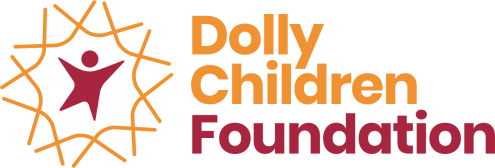
The Link Between Proper Nutrition and a Child’s Ability to Learn
Proper nutrition plays a crucial role in a child’s growth and learning. It provides the essential nutrients needed for brain development, cognitive function, and overall well-being. Without a balanced diet, children may struggle to focus, retain information, and perform well academically.
A well-nourished child tends to maintain a healthy weight, perform better in school, and have a reduced risk of illness. Foods rich in essential vitamins, minerals, proteins, and carbohydrates are key to supporting brain function and energy levels.
For example, a breakfast of bread, eggs, and tea provides sustained energy and focus compared to heavy meals like swallow, which might leave a child feeling sluggish.
Incorporating natural foods such as fruits, vegetables, whole grains, lean proteins, nuts, and eggs is essential. Fruits like bananas, oranges, and avocados, rich in potassium, boost brain function, while foods like soybeans and peanuts enhance memory. Avoiding processed foods and sugary drinks is equally important to ensure optimal brain power and overall health.
Tips for Promoting Healthy Eating Habits
- Start with Breakfast: A nutritious breakfast fuels the brain and body for the day ahead.
- Plan Balanced Meals: Include all food groups to meet daily nutritional needs.
- Prioritize Fruits and Vegetables: These are rich in vitamins and minerals that support growth.
- Limit Sugary Drinks: Replace sodas with healthier options like soy milk or freshly made drinks.
- Include Milk: A daily glass of milk strengthens bones and teeth and enhances performance.
By fostering healthy eating habits, parents and caregivers can support children’s academic success and long-term health. A strong foundation of nutrition is key to helping every child thrive.
By Olajumoke Bolarinwa
Author
Dolly Children Foundation
We are inspiring the African child to adopt 21st – century skills through education, capacity building and advocacy programmes.



